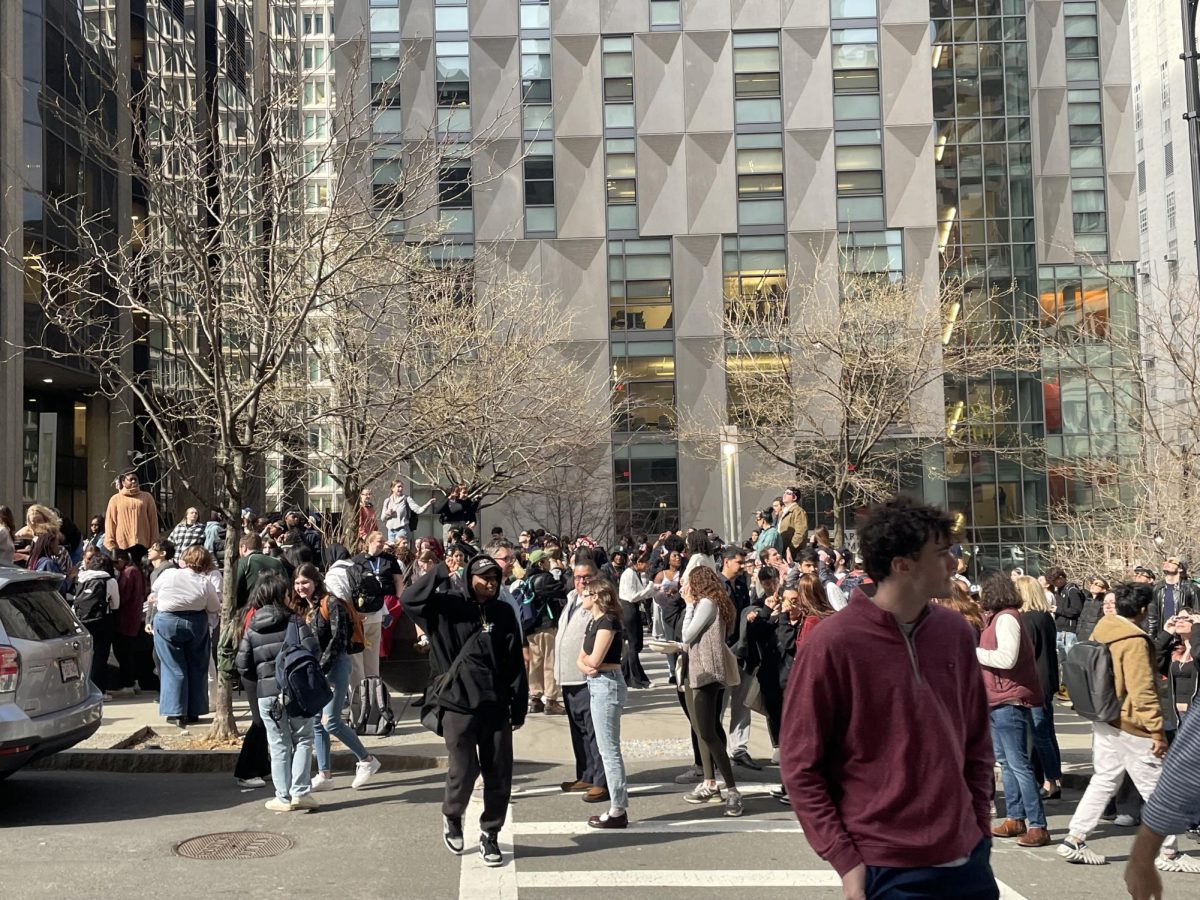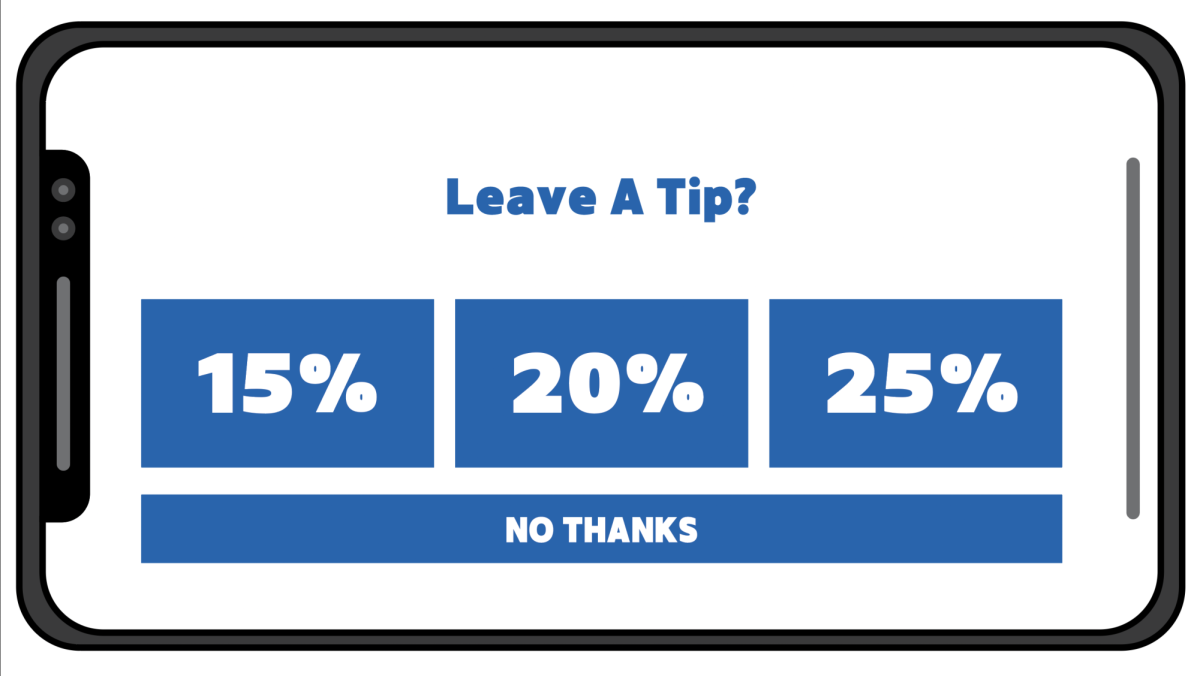By Ian Kea
Fastah, highah, wicked strong.
Boston is the proposed host city for the U.S. Olympic committee, having beat out the likes of Los Angeles, Washington D.C. and San Francisco. The city is now a frontrunner to host the Summer Olympics in the U.S. for the first time since Atlanta’s Games in 1996. Other potential, international host cities include Berlin and Rome, according to Reuters.
Instead of embracing the Olympic bid, Bostonians are trying to trash it, even before a decision comes in 2017. However, when it comes to accessibility and long-term credibility, Boston can provide an Olympics with long-lasting positive effects because it has the tools and resources to do so.
Boston has two key features which could help an Olympic bid succeed. First, with plenty of universities, from the Fenway to across the Charles River to the multiple suburbs, housing for athletes will only be a minor issue. Having existing housing saves time, money, and resources, which takes a lot off the backs of private investors and city officials working on a tight budget — just $4.5 billion in private funding, according to the Boston Globe.
The second feature is Boston’s many existing sports facilities. In addition to professional-league venues like the TD Garden, Fenway Park, and Gillette Stadium in Foxborough, the city has multiple large university facilities, too, from Harvard University to Boston College.
Robert Kraft, owner of the New England Patriots and New England Revolution teams, has proposed to build a new stadium for The Revolution by Widett Circle in South Boston, near the Broadway MBTA stop, according to the Globe, an area where the Boston 2024 group has also considered putting a stadium. Kraft’s proposed stadium would be mostly funded by the Kraft group and used consistently.
Unlike Beijing’s National stadium — which hosted the 2008 summer games and is now a “vacant ‘museum piece,’” according to The Atlantic — Kraft’s Widett Circle property would be a permanent home to New England’s soccer team.
Not only would Boston-area sports teams see more attraction and commerce, but so would college communities in the city and suburbs, as well as those who live around Gillette stadium, creating long-term economic growth.
Lastly, the time has come for the MBTA to be upgraded and made more accessible. With the influx of athletes and spectators, usage of the T will spike during the Games. To prepare, both the city and the state will have to set aside funding to extend the Green Line and commuter rail service. Not only will the T get some needed help, but so will the crumbling infrastructure around the city, Boston 2024 Chairman and Suffolk Construction CEO John Fish told the Globe.
With Boston prepared to provide the necessary mass transit, housing and venue space, the Boston Olympics are primed to bring in profits, like the $90 million surplus from Los Angeles’ games in 1984, according to the Atlanta Business Chronicle. That $90 million has funded amateur sports for the city’s youth. And, according to the Globe, some 70,000 jobs will be created, with some remaining after the Games leave.
Only one thing stands in the way of possible long-term economic growth, improvements to the city and suburbs, and a modified and more modern transit system: the people of Boston.
Boston has the transit, venues and size to have an accessible and profitable Olympics. Its residents should seriously consider what the games can do to make the city an international icon, even after the Olympics conclude.







